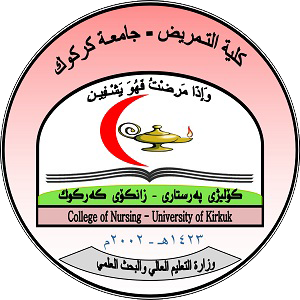This department introduces classic nursing principles that underpin future clinical practice. Principles include such things as comfort measures, assistance with daily living activities, environmental concerns, positioning and transporting, asepsis and sterile technique, medication administration, intrusive therapies and use of the nursing process with particular emphasis on the intervention component. The majority of the theoretical information is provided through a scientific approaches. The campus laboratory and clinical settings will afford practical experience in application of the principles and skills taught in the theory portion of this class. Students will be expected to demonstrate beginning competency in application of the nursing process.
Vision, mission and objectives
Vision
The Vision of the Department of the Fundamentals of Nursing is to be the center of excellence in preparing basic professionally competent nurses with the capability of delivering compassionate patient care in different specialties.
Mission
The mission of the Fundamentals of Nursing Department is to prepare preparing academically and professionally qualified competent nurses in their first stage to be able to provide patient-centered nursing care in health institutions through the educational programs that they offer while adhering to community values, customs, and norms.
Student Learning Outcomes:
At the end of this course the student will be able to:-
- Apply the nursing process at a novel level of skill to interpret and manage human responses of patients to their actual or potential health problems.
- Apply principles from applied science and interpersonal processes to nurse-client interactions.
- Assess cultural, spiritual, and bio-psychosocial factors when arriving at nursing diagnoses and relevant interventions for individual clients.
- Utilize evidence-based information derived from course related research findings in the application of fundamental nursing care.
- Apply therapeutic communication and decision-making skills to involve the patients in decision making regarding his/her healthcare.
- Identify theoretical principles and critical behaviors of fundamental nursing.
- Use critical thinking skills as a framework for clinical decision-making.
- Demonstrate responsibility for own behavior and growth as an adult learner and a professional.
- Demonstrate professional standards of moral, ethical, and legal conduct.
Future plans for the college: -
- Increasing the number of educational laboratories in the college in coordination with the university presidency.
- Planning and determining seminars and workshops for the next academic year 2021-2022.
- Identify the students' graduation research topics for the academic year 2021-2022.
 Arabic
Arabic  English
English 